
About Us
About Us
UPROOT is dedicated to strengthening, scaffolding, and expanding Indigenous content and practices within UBC’s pharmaceutical curriculum through collaboration.
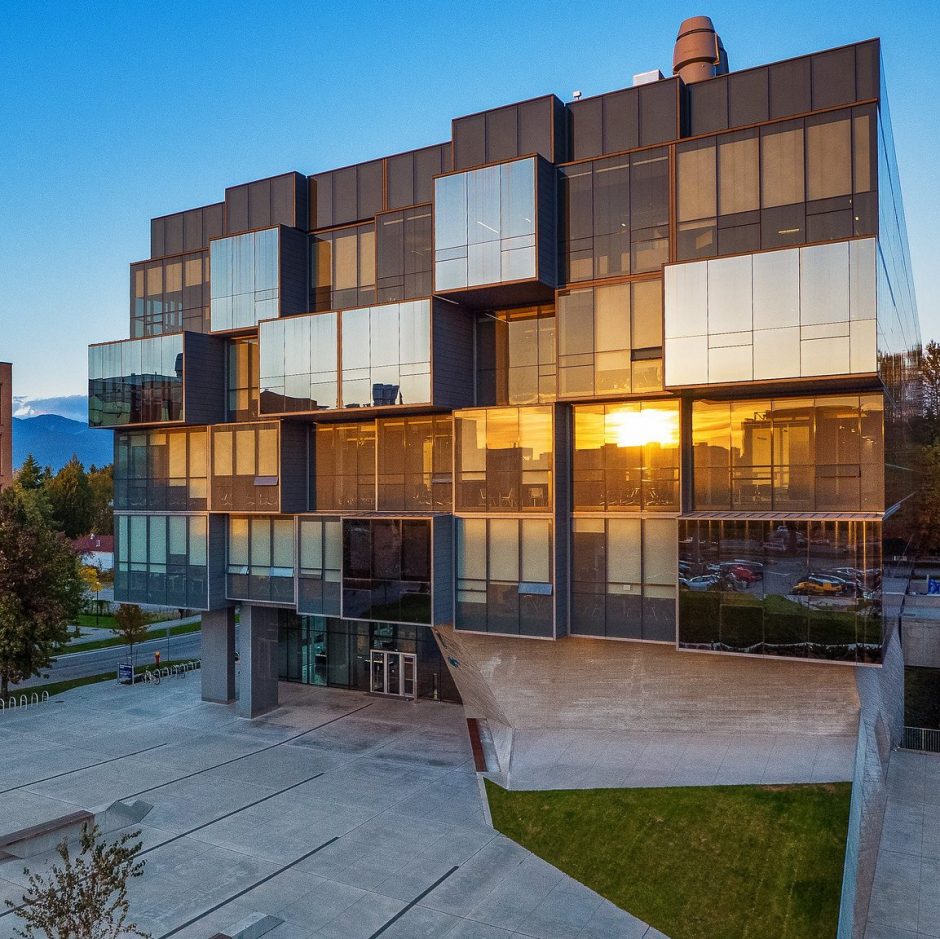
Background
Rooted in 10+ years of relational partnerships, UPROOT is both a movement and a methodology. As our name suggests, we aim to “uproot” colonial structures while nurturing reflexivity, mutual respect, responsibility, relevance, and reciprocity. These principles form our ethical and operational foundation.
Our lab is composed of a broad range of experts, scholars, community members, and students with diverse connections to Indigenous Nations across Canada. Although our work comes from within a colonial structure, we remain committed to efforts of decolonization.
Methodological Frameworks
Two-Eyed Seeing: We respect and harness the strengths of both Indigenous and Western ways of knowing. This dual‑lens framework informs curriculum design, research methodologies, and community engagement strategies.
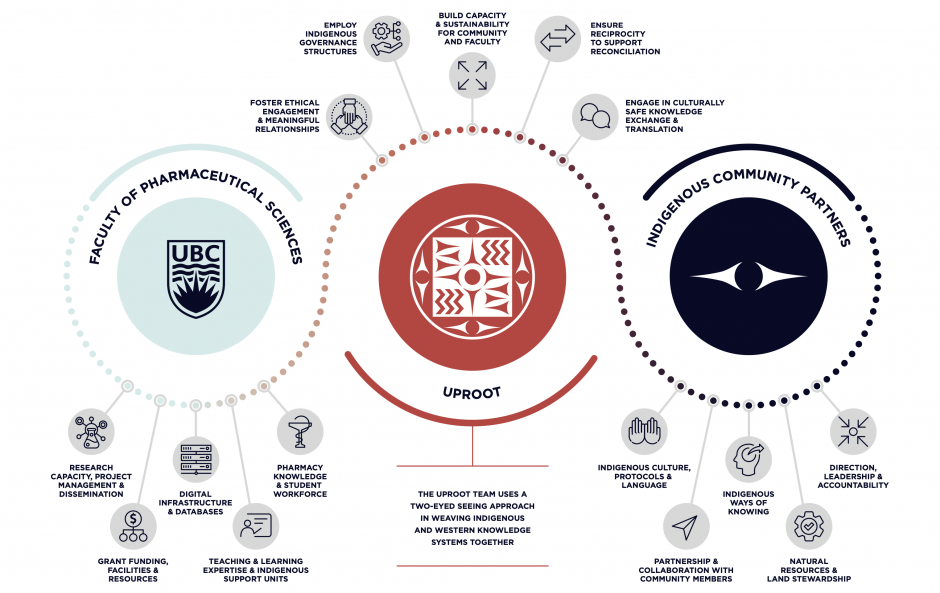
OCAP Principles: Our projects are guided by Ownership, Control, Access, and Possession (OCAP) to ensure Indigenous data sovereignty and ethical research stewardship.
Relational Accountability: We prioritize long-term, respectful relationships, placing community priorities above academic timelines and outputs.
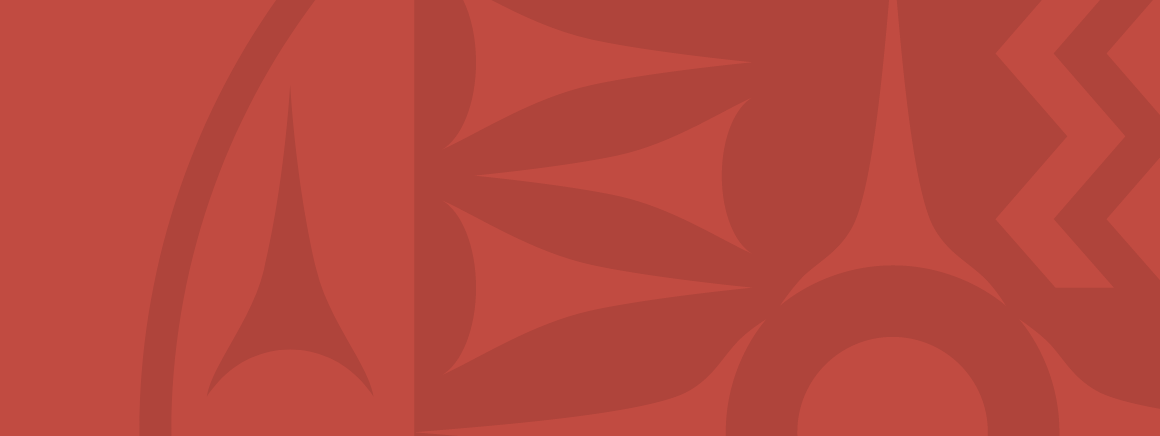
Name, Logo, & Cultural Significance
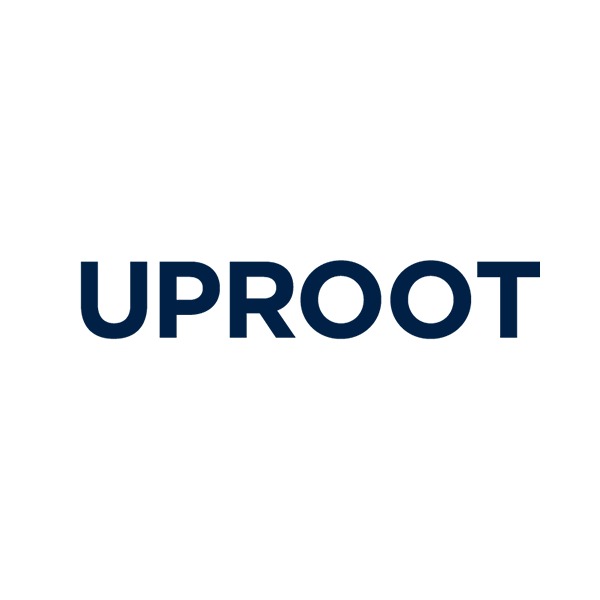
The Name
The name UPROOT comes from what, how, and why we are doing this work.
We are uprooting colonial processes and systemic barriers in our efforts to support decolonization and indigenization. We expect our students to uproot their own perceived cultural and social biases, as part of their self-journey in reconciliation. Finally, our team recognizes and acknowledges deep-seated issues of our past and present colonial history in order to move towards respect, responsibility, relevance and reciprocity with community partners.
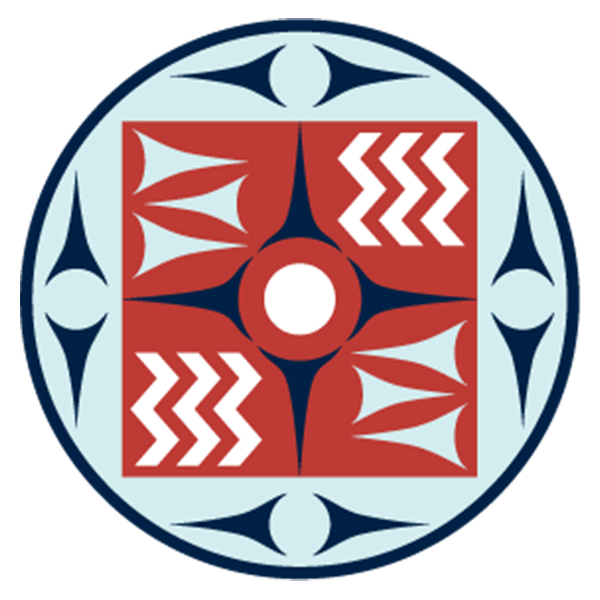
The Logo
The UPROOT logo is created by designer Debra Sparrow—a Musqueam Coast Salish artist. The logo is an amalgamation of traditional Indigenous concepts and contemporary design components.
The circle represents the spindle whirl, life’s existence among us all, and the humanness of our world scale. The inner parts of the design translate to the fibres of earth and patterns of connection, acknowledging the land and its healing power. The center elements are drawn from traditional regalia used in healing ceremonies.
The design acts as a pedagogical tool illustrating the story of the land, water, and its spiritual connectedness.
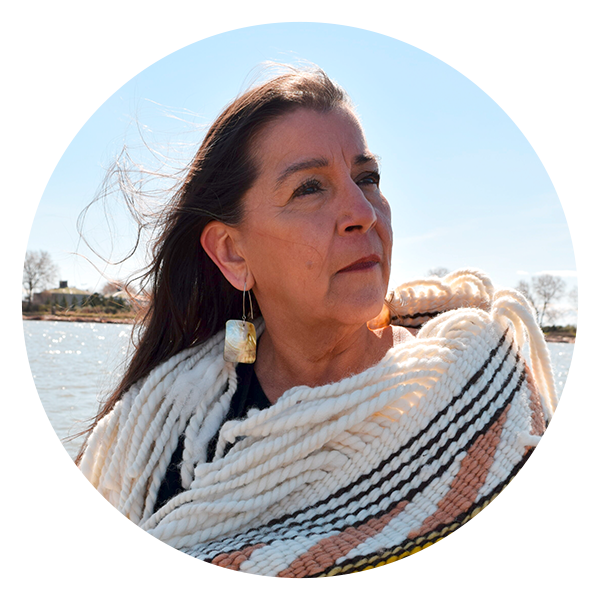
The Artist
Debra Sparrow, born and raised on the Musqueam Indian Village, is a visual artist, graphic designer, knowledge keeper, and leading figure in the revival of Musqueam Coast Salish weaving.
Sparrow creates art that embodies traditional Musqueam teachings while embracing innovative and contemporary design. Her hope is to educate others about the depths and integrity of Musqueam history through her artwork, activism, and public speaking.
Position Statements
Land Acknowledgement
The UPROOT Team would like to acknowledge that the University of British Columbia’s Vancouver campus is located on the traditional, ancestral, and unceded territory of the xʷməθkʷəy̓əm (Musqueam) people. We would also like to acknowledge that Indigenous and non-Indigenous members of our team work, live, and play in communities across British Columbia and represent diverse cultural backgrounds. Our Indigenous partners represent themselves as individuals and do not speak for their respective nations or communities as a whole. These distinct perspectives enrich our relationships, collaborations, and experiences.
Terminology
We recognize that the past and present history of inappropriate terminology has been paternalistic and damaging. When appropriate, we use community-preferred terminology; in broader contexts, we use “Indigenous” in alignment with UBC’s Indigenous Peoples: Language Guidelines. We recognize the diversity of personal and collective pathways of Indigeneity and honour each individual’s self-identification without imposing external definitions.
UBC defines ‘Indigenous’ as a term that “encompasses First Nations, Métis and Inuit people, either collectively or separately, and is a preferred term in international usage, e.g., the ‘U.N. Declaration on the Rights of Indigenous Peoples.’ In its derivation from international movements, it is associated more with activism than government policy and so has emerged, for many, as the preferred term.” (UBC Equity & Inclusion Office, n.d.)
Indigeneity
The UPROOT Team recognizes that perceptions of Indigenous identity and Indigeneity are complex and diverse. The Indigeneity of our students, team members, and community partners exists on a spectrum, representing different cultures and upbringings. We recognize that these unique journeys and perspectives are important aspects of our collaboration and do not privilege or prioritize one knowledge system over another. It is not our place to verify the Indigenous identities of our students and team members.
Role of Non-Indigenous Members
Our lab includes both Indigenous and non-Indigenous members. Non-Indigenous colleagues hold active responsibility in reconciliation and do not rely on Indigenous team members for solutions. We foster safe, reflexive dialogue and shared accountability in pursuit of decolonization